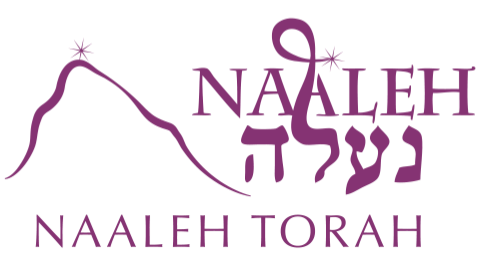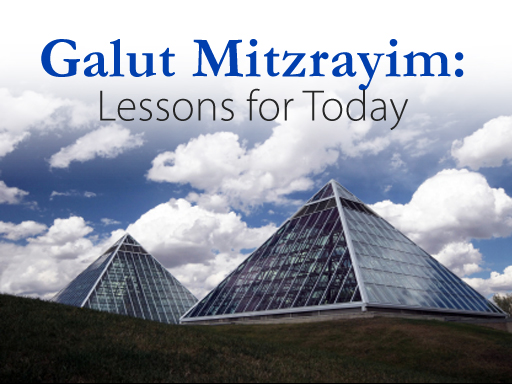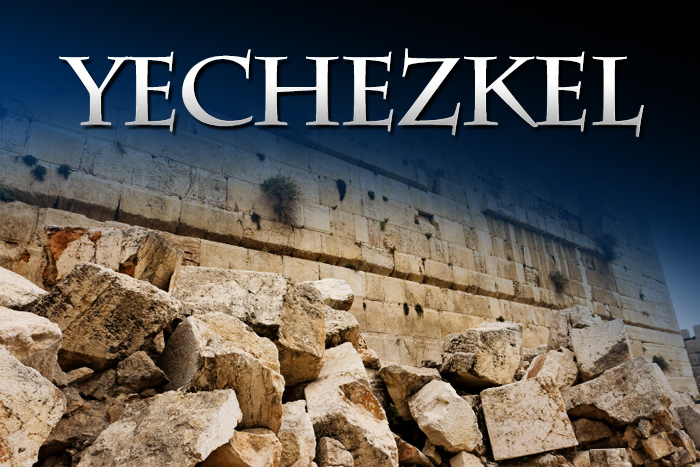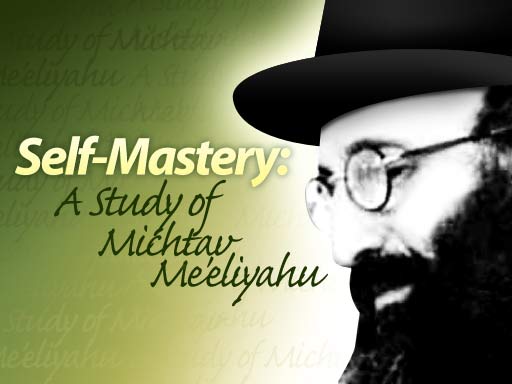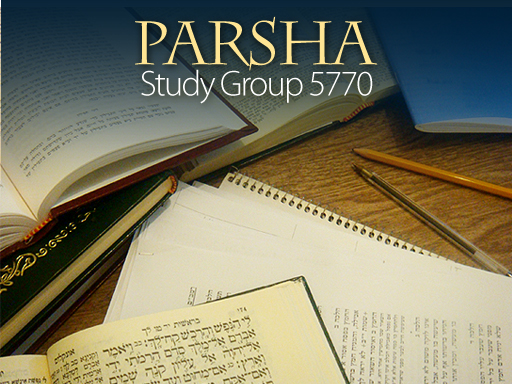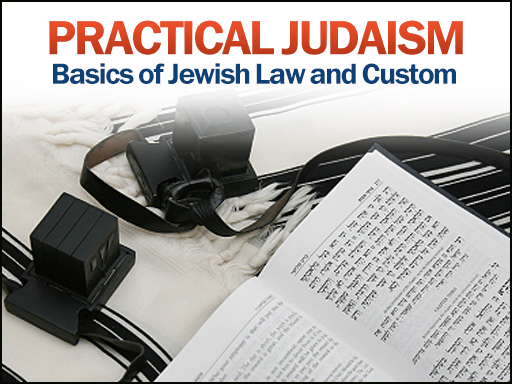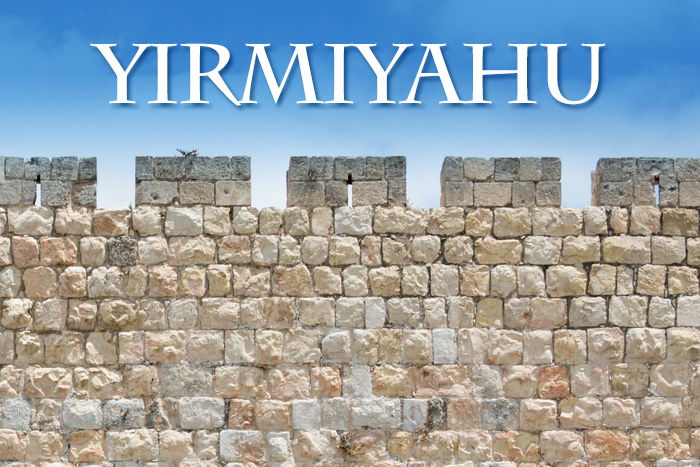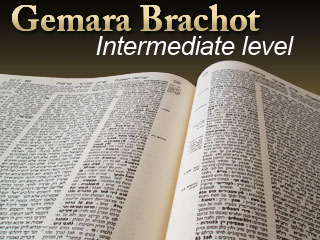Exile as Part of the Master Plan
Posted onIn this shiur (Torah class), Rabbi Hershel Reichman continues to explain the concept of Galut, exile, from a Chassidic perspective. In this lesson, Rabbi Reichman explores how exile is an integral part of G-d’s Master Plan for the Jewish People and the World’s history.
